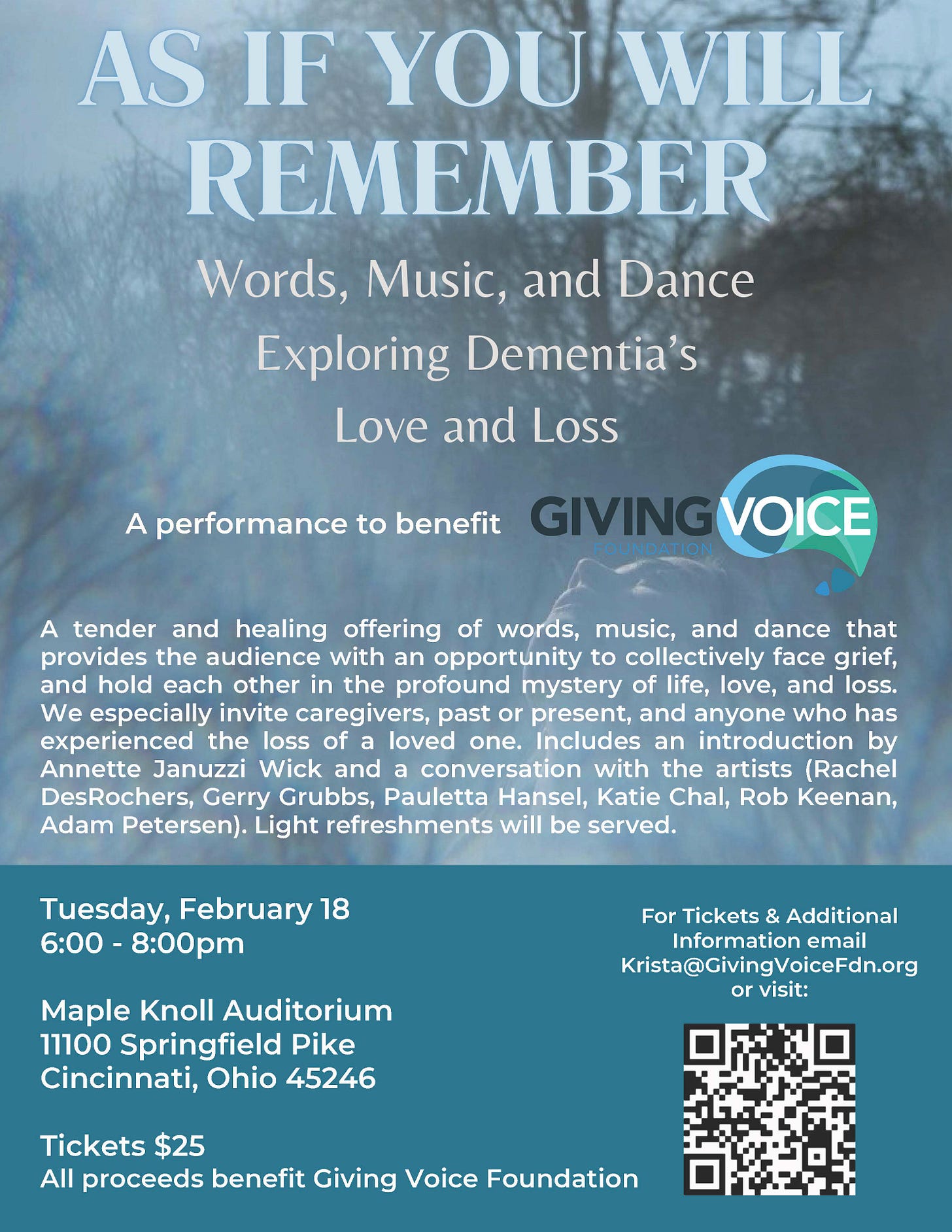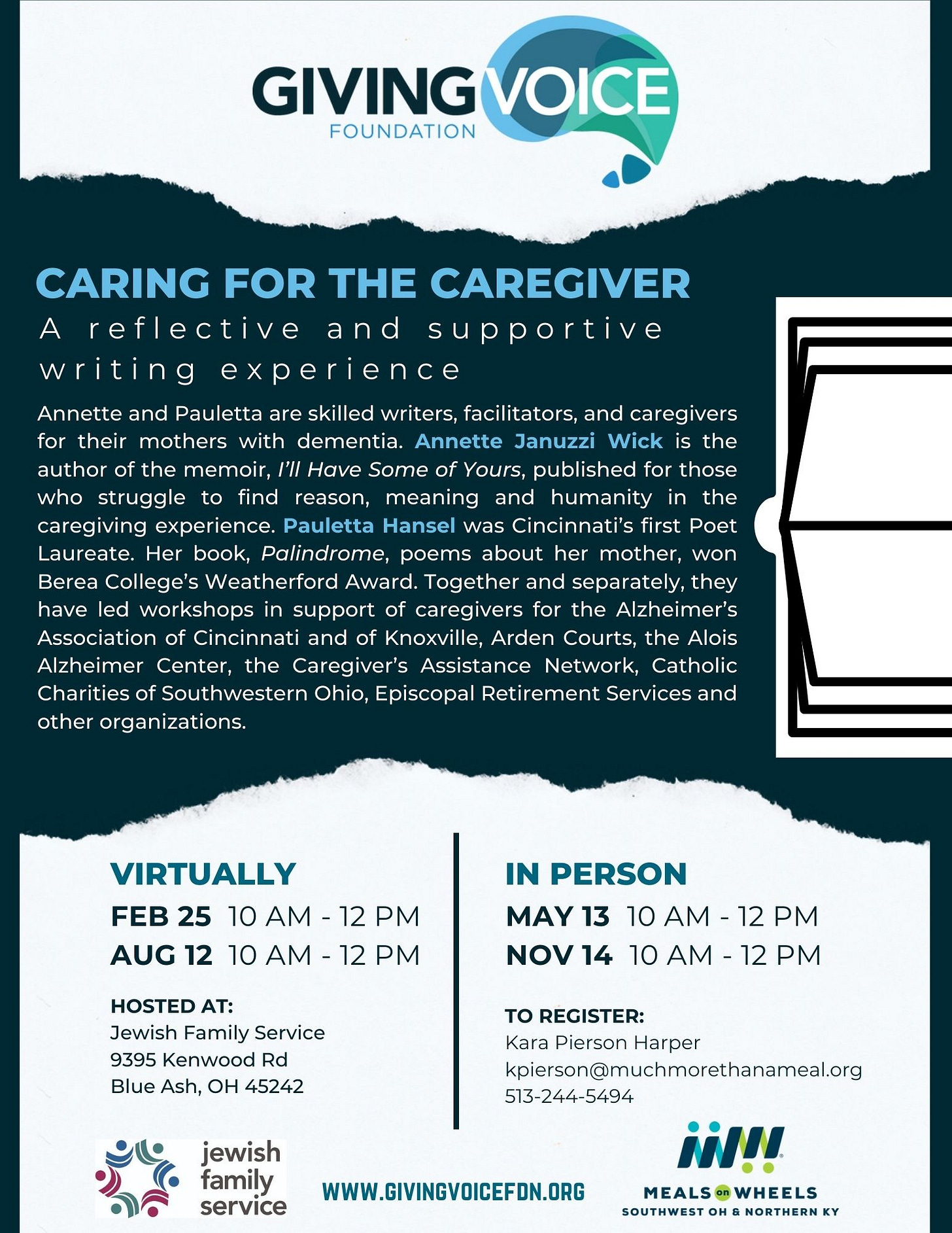Coming home from school, I’d often hear my mother, upstairs, speaking aloud while making the beds. She was alone, yet there was an entire conversation going on, bouncing around like in a ping-pong match. We kids laughed about it, thinking our mother was really losing it.
Turns out, talking to herself was an important part of her brain development, sanity, and productivity. A few things any writer could use.
We’ve all done it, talk to ourselves. A variety of researchers set out to determine why, and what are the benefits of “self-directed” talk, which sounds more like what one might coach a two-year-old granddaughter to do.
The National Institutes of Health states, “self-directed speech is considered an important developmental achievement as a self-regulatory mediator of thinking and behavior,” in particular, in children.
Verbally expressed, self-talk explores one’s internal thoughts, beliefs, positions, inner feelings, and intuitions through speech, as if one were talking with oneself in the mirror, thus pointing the words only at themselves.
Researchers, such as those in this 2012 study, discovered self-talk can aid visual searches for something lost. (Recently, I lost a black plastic-coated credit card. I spoke aloud and followed what footsteps I’d taken in the microbrew pub where it was last used. The card had fallen to the floor and blended with dark wood grain).
Self-talk or self-speech encourages control over a chore, a reminder of how to approach a task and how to complete one. And how to perform, as long as it’s not negative talk. It’s long been rumored Einstein talked to himself when he was younger, which might be how he developed the skills and problem solving to write his first scientific paper at the age of 16.
As for me, I have a history of talking to myself, titling a poem as such. Perhaps it arose in the space of the two years between my older siblings and me, or the three years between me and my younger ones. Soon, while training for track (learning to run from streetlamp to streetlamp to build endurance), I spoke to myself about teenage things I didn’t dare confess to my mother.
Nowadays, on the city streets, with earbuds in, I’m mostly self-speaking, drowning out whatever is being played on a podcast and in real life, for the chance to hear myself think.
Psychologist Linda Sapadin says, “Everyone knows the best way to solve a problem is to talk it out. Since it’s your problem, why not do it with yourself?”
What about writers? Can it help those who live and work in a solitary world?
If writers are found talking to ourselves, those around us imagine the worst tropes of artist gone mad when it’s precisely the opposite. We’re working out sentences, and scenes, problems, and solutions. We are not Einstein, but damn close in our own estimations.
Spokane writer Kevin Anderson uses a Dictaphone when he tires of being cooped up in his office. On hiking trails or long walks, he’s unencumbered by the daily drudgery, thinks with clarity, and possibly, he might see an ending not always within view of a messy desk. After experiencing carpal tunnel syndrome, his wife, also a writer, has switched over dictation too.
The pop star Sabrina Carpenter, when speaking with her producer, Jack Antonoff, about Please, Please, Please, cannot help but proclaim the wonder of being in conversation with herself as she developed lyrics.
Her producer, Jack, in asking when they came up with the bleeped lyric m---f---, Sabrina replied. “Well, we had "Heartbreak is one thing; my ego's another" because that's something that I said earlier that day.”
She went on. “If you think about that, it's actually truly just a conversation with myself. And that melody is such, like, a little, like, rainbow, like it literally just goes (hums melody) And then motherfucker came out like an ad lib. It literally just, just came out as we were finding the melody.”
And finally, what writer has not heard the advice to read their work aloud?
UNC Writing Center offers a few practical tips such as to work from a printed copy, follow along with your finger pointing at each word, read at a moderate pace, try starting from the end and working backwards. More so, talking to oneself opens a different creative channel inside our brains. Suddenly, we can see the story, the essay, the poem, from a new perspective, as if we’re a different character in narrative.
Try walking around reading your work aloud, feeling the sensation of the words in the airs. The vibrations of your meaning, your intentions. The hope is these vibrations might reach the farther shores of readers not yet known.
Go on, talk to yourself today. For those of us who work alone from home, it might be the most important or interesting words we hear all week.
I’m excited that ProMedica will welcome my expertise back to their web domain in March. To get caught up on my past posts, click here. A few other places to join me in writing (and talking to ourselves).
Feb. 5 - Caring for the Caregiver writing experience, Alois Alzheimer Center. 1 – 3 p.m. Email: amjwick@gmail.com for details.
Feb 18 - I will be introducing and leading a Q&A for As If You Will Remember, “an interdisciplinary artistic response to dementia’s multi-faceted and increasingly prevalent sorrows,” developed in part by my colleague, Pauletta Hansel. Fundraiser for Giving Voice Foundation. Information below.
Feb 25 - Caring for the Caregiver writing experience with Pauletta Hansel and Annette Januzzi Wick. Giving Voice Foundation. Virtual. Free. Continues with three other sessions. Sign up here. 10 - noon.
March 12 – Lloyd Library. The Impact of Plants & Nature-Based Supplements on Breast Cancer Treatment. My husband and I are pleased to support the Lloyd Library as they present this program on breast cancer in conjunction with two renowned physicians, Jen Manders, breast cancer surgeon, and Julie Specht, a breast cancer oncologist, from The Christ Hospital. Visit here to register.
April 1 – National Italian American Foundation, Ambassador magazine: NIAF on Location: Cincinnati. Visit: https://www.niaf.org/. Details coming soon.
April 1 – Edible Ohio Valley newsstands – The Charms of Cornmeal, Profile: Reka Butchery and Delicatessen. www.edibleohiovalley.com. Link coming soon. My latest online work here.
April 16 – Caring for the Caregiver writing experience, Alois Alzheimer Center. 1 – 3 p.m. Email: amjwick@gmail.com for details.
April 19 – Contemporary Arts Center Creative Writing Project. Runs 8 weeks. Sign up now!
May 10 – Climate Writing Workshop. My colleague Elaine Olund leads this climate writing workshop as part of Studio Kroner - All Else Pales - 2.
May 13 – Caring for the Caregiver writing experience. Giving Voice Foundation with Pauletta Hansel and Annette Januzzi Wick. In-person. Free. Continues with three other sessions. Sign up here.
August 12 – Caring for the Caregiver writing experience. Giving Voice Foundation with Pauletta Hansel and Annette Januzzi Wick. Virtual. Free. Continues with three other sessions. Sign up here.
November 14 – Caring for the Caregiver writing experience. Giving Voice Foundation with Pauletta Hansel and Annette Januzzi Wick. In-person. Free. Continues with three other sessions. Sign up here.








I’ve talked to myself my whole life, but recently I’ve truly embraced it.
As a writer, reading my work out loud, has made a huge difference in how I present it.
Thanks for these insights!🙏🏼
I love this- from a happy self talker!